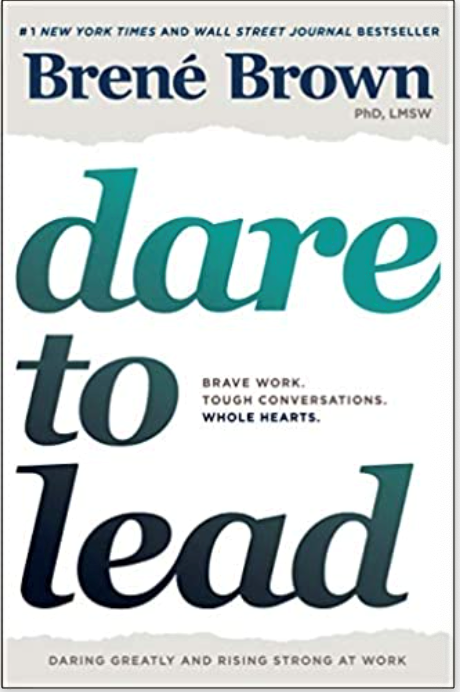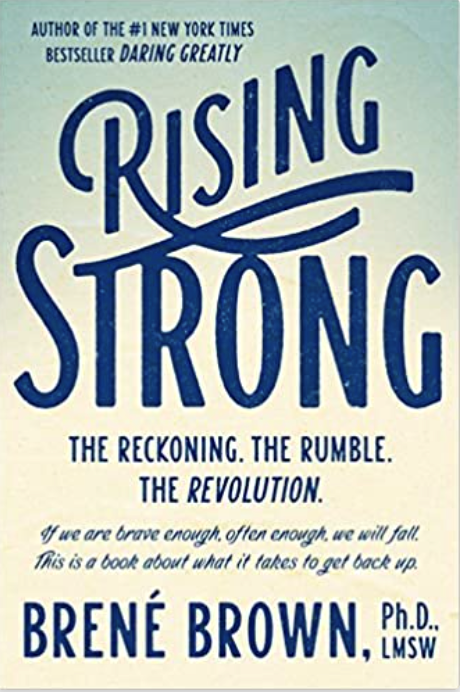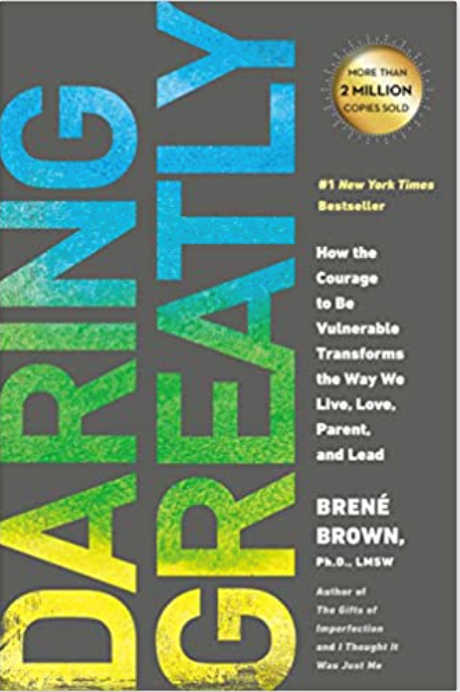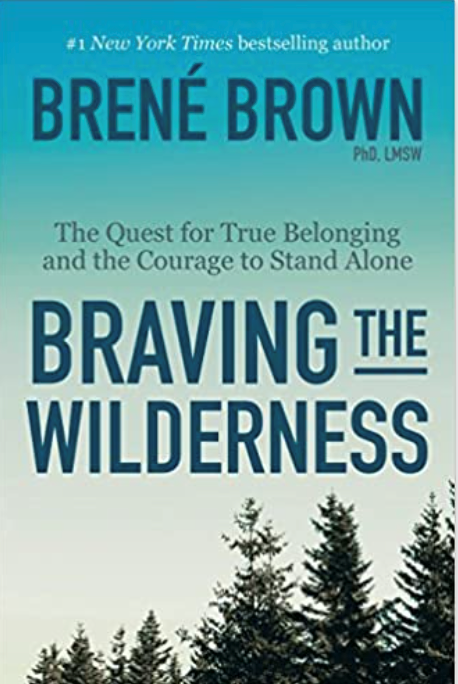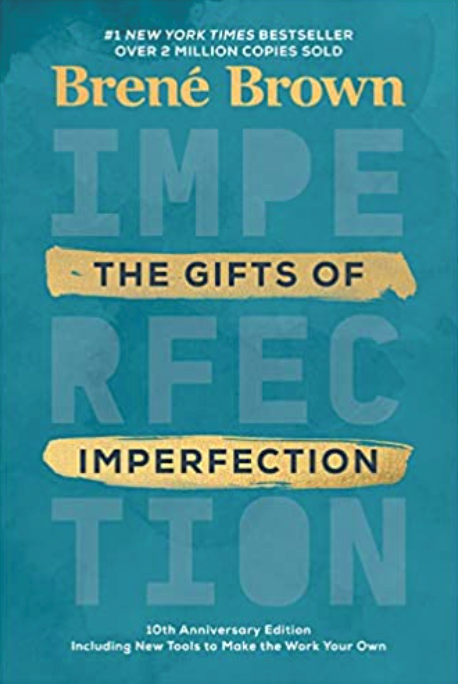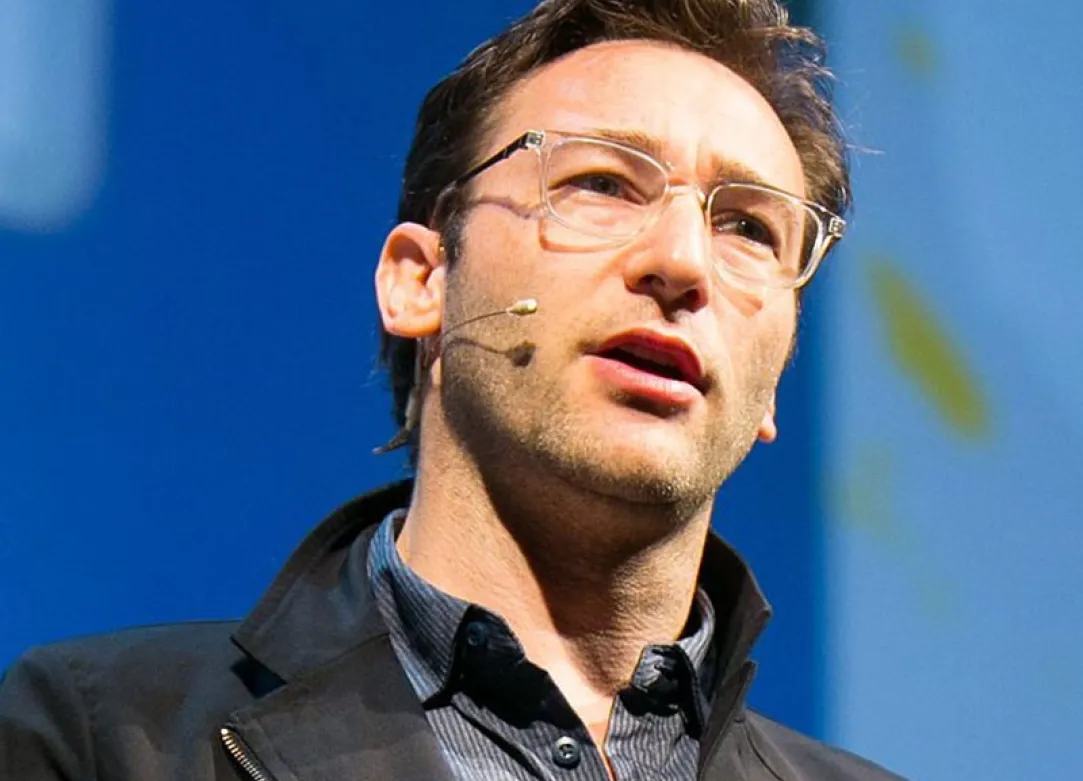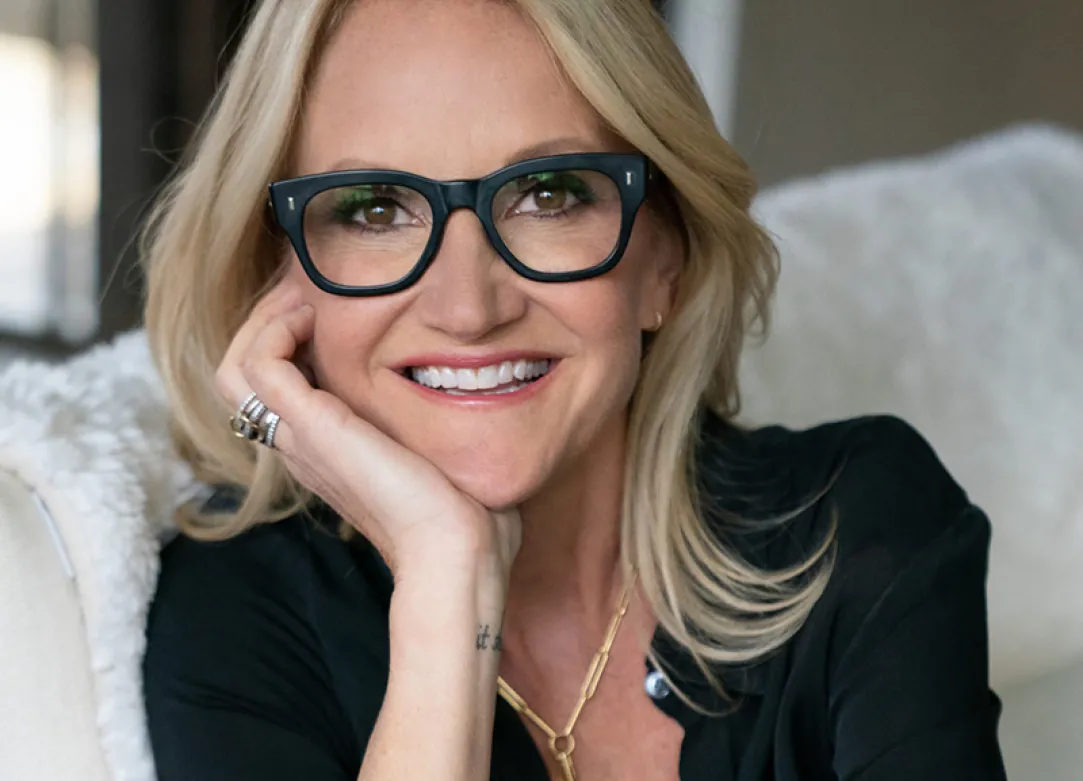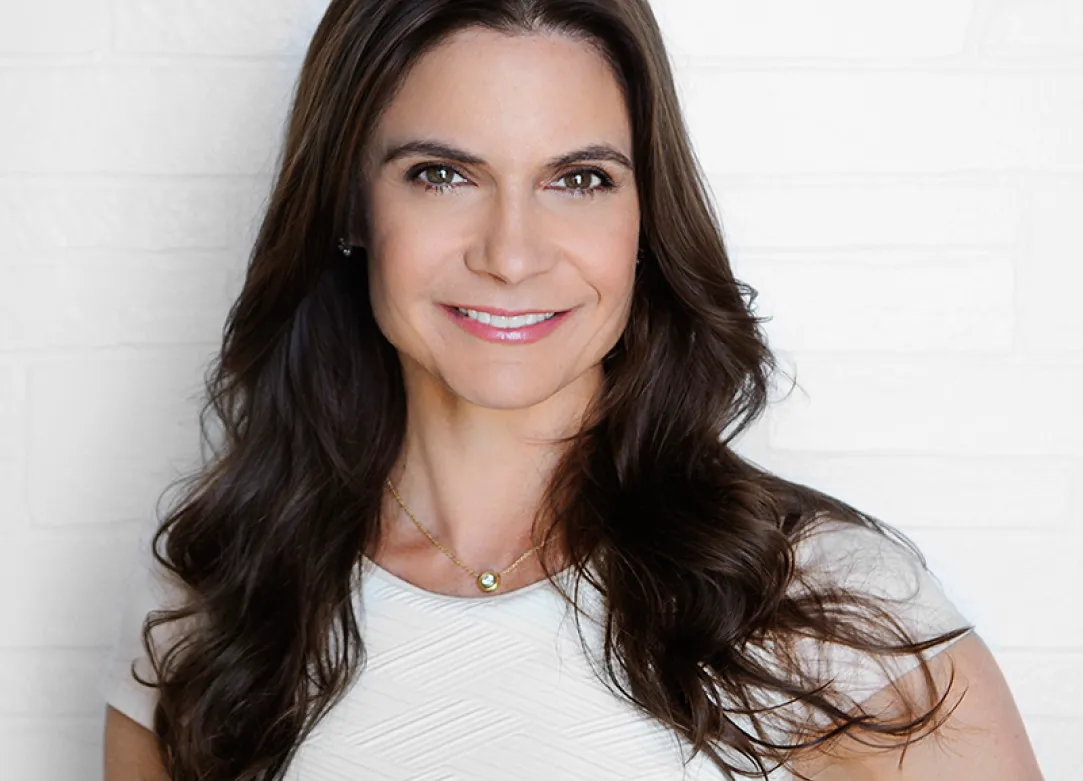Profesora investigadora en la Universidad de Houston, donde ocupa la Cátedra Huffington Brené Brown en The Graduate College of Social Work.
Profesora visitante de gestión en la McCombs School of Business de la Universidad de Texas en Austin.
Autora de cinco libros que han sido #1 en la lista de bestsellers del New York Times: *Los regalos de la imperfección*, *El poder de ser vulnerable*, *Más fuerte que nunca*, *La fuerza de la autenticidad*, y su más reciente libro, *Atrévete a liderar*, que es la culminación de un estudio de siete años sobre el coraje y el liderazgo.
Ponente de TEDx y una de las 5 charlas TED más vistas a nivel mundial.
Presentadora de los podcasts *Unlocking Us* y *Dare to Lead*.
Primera investigadora en tener una charla filmada en Netflix: el especial *The Call to Courage* se estrenó el 19 de abril de 2019.
Su lista de clientes incluye a Google, la Fuerza Aérea de los Estados Unidos, Slack, Pixar, MD Anderson Cancer Network, Salesforce, Microsoft, Nutanix, Shell Oil, IBM, la Fundación Bill y Melinda Gates, LinkedIn, Stella + Dot y Ford.


